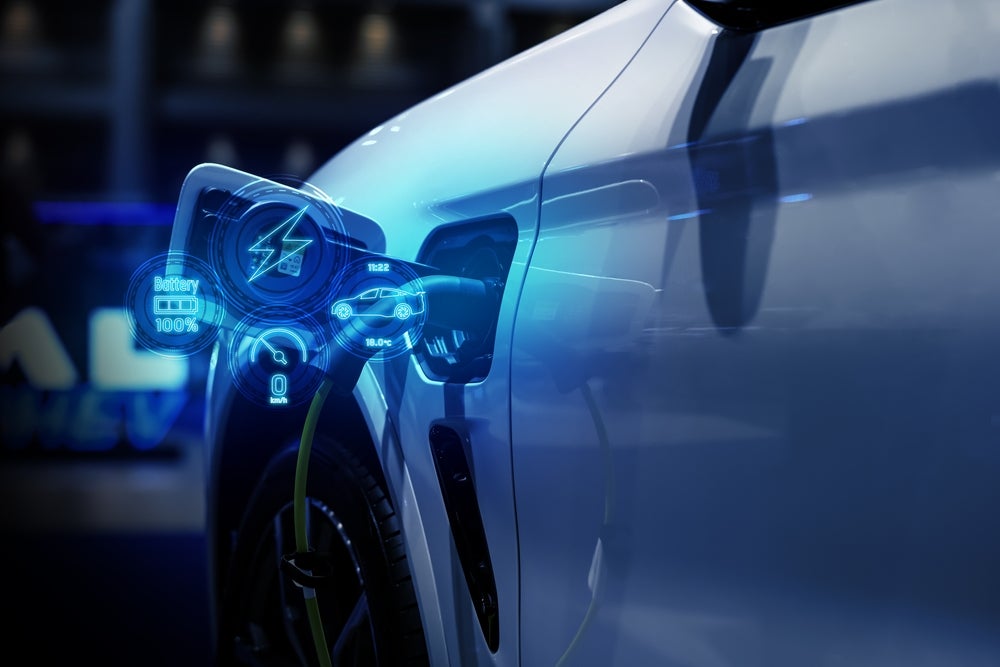
The Electric Car Scheme has outlined its predictions for the UK electric vehicle (EV) market in 2025, highlighting its potential impact on drivers, road infrastructure, and the nation’s charging network.
2025 is set to be a pivotal year for electric vehicles in the UK. With Donald Trump returning to the White House in January and pledging to end subsidies in the US, UK vehicle manufacturers will face new targets, with 28% of sales required to be EVs.
Is the EV market finally reaching maturity?
Recent data from the Society of Motor Manufacturers and Traders (SMMT) indicates a growing demand for battery electric vehicles. In October 2024, EVs accounted for 20.7% of all vehicle deliveries, a notable increase from 15.6% in October 2023. While this is still below the government’s 2030 target, a similar increase in the coming months could bring the market close to the 2025 target of 28%, marking a critical turning point for the sector.

Growth of the used electric vehicle market
As demand for new EVs rises, the used EV market is also maturing. The Electric Car Scheme’s introduction of a used EV salary sacrifice scheme has led to used EVs making up over 50% of sales. This growth reflects the sharp decline in the price of used EVs and the fact that, for 68% of consumers, cost remains the primary barrier to EV adoption. As more leases expire and customers upgrade to newer models, used EVs are expected to play a larger role in the market, expanding access to a broader customer base.
A transformation in charging infrastructure
The UK is expected to have over 100,000 public EV chargers by mid-2025, more than ten times the number of petrol stations, which have been declining since 2000. The acceleration of charger installations, especially rapid and ultra-rapid chargers, is expected to reduce range anxiety and other charging-related issues, which remain a key barrier for 40% of potential EV buyers. Additionally, innovations in home charging, such as off-peak smart charging, combined with The Electric Car Scheme’s salary sacrifice charging initiative, could lower costs for EV drivers, making EV ownership increasingly appealing as petrol prices remain high.
A boost from a trade shift?
Donald Trump’s return to the White House may also affect global EV markets, potentially driving down prices in the UK. With tariffs and the removal of tax credits introduced under President Biden making foreign-made EVs more expensive for American consumers, manufacturers may seek alternative markets, such as the UK. This shift could lead to a greater influx of affordable Chinese-made EVs, further boosting uptake.

US Tariffs are shifting - will you react or anticipate?
Don’t let policy changes catch you off guard. Stay proactive with real-time data and expert analysis.
By GlobalDataThom Groot, CEO of The Electric Car Scheme, commented: “The electric vehicle market is on the verge of a major transformation by 2025, and it’s an exciting time for both the industry and consumers. With advances in battery technology and increased government support, EVs are becoming more accessible and affordable. As cheaper Chinese EVs enter the market and the used EV sector matures, we could see EVs available for under £200 a month, a much more affordable price point.
“EV adoption was never expected to follow a straight path—like many trends, it has its peaks and troughs—but we are likely on the cusp of significant growth as affordability increases. The UK has a long way to go to reach the 2030 target, but consumer demand is strong. This is why we launched The Electric Car Scheme, to make it easier and more affordable for people to drive an electric car.”







